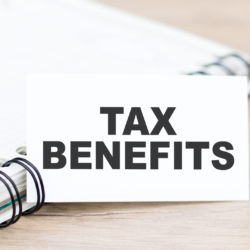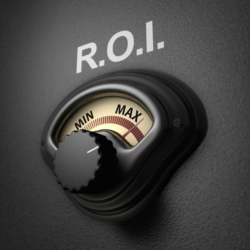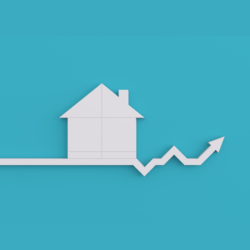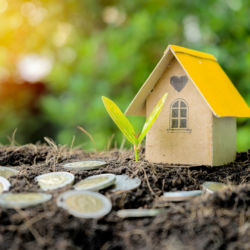The Booming Dallas Rental Market: A Guide for Investors
The Booming Dallas Rental Market: A Guide for Investors The Dallas rental market is booming, presenting a myriad of opportunities for investors. With its strong economy, job growth, and attractive lifestyle, Dallas has become a hotspot for real estate investment. In this guide, we’ll explore the factors driving this growth, the neighborhoods to watch, and Read more about The Booming Dallas Rental Market: A Guide for Investors[…]










